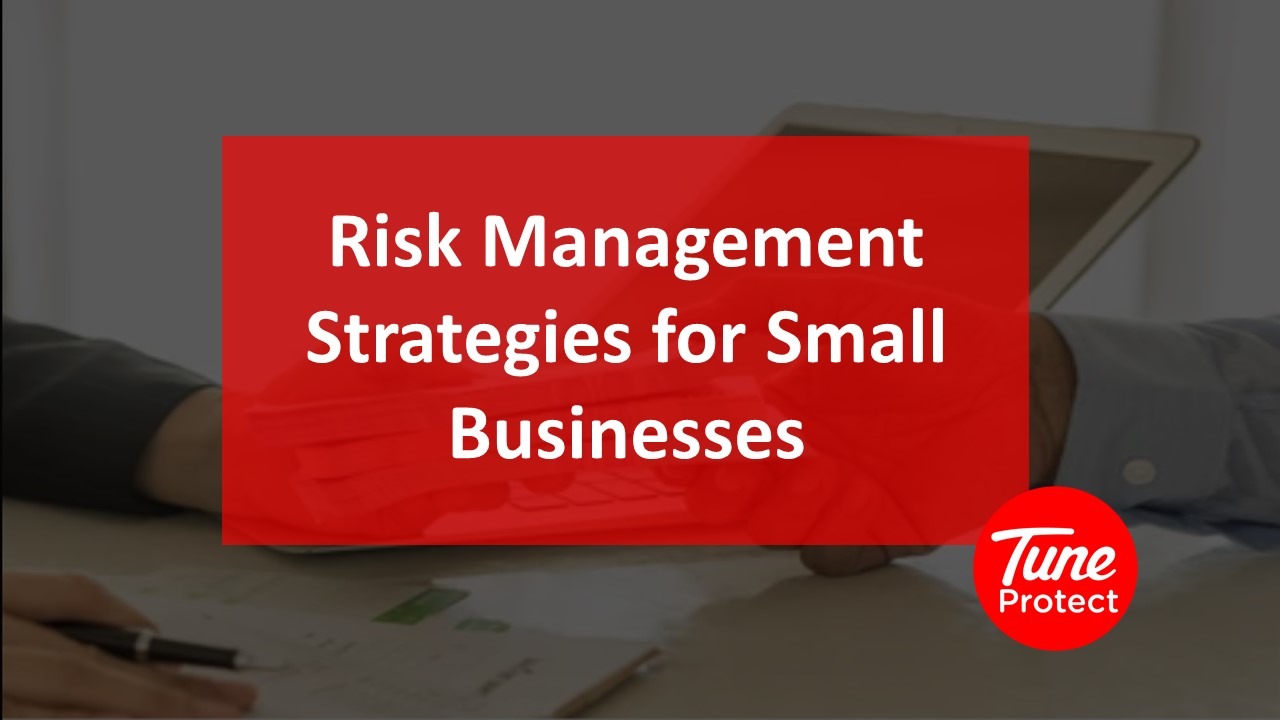Summary
- Risk management is the process of identifying, evaluating, and addressing potential threats to mitigate risks.
- Risks includes financial uncertainties, operational challenges , legal compliance issues, and reputational threats; neglecting these risks may result in financial losses, operational breakdowns, and legal complications.
- Business insurance with customized coverage to address unique business needs is a vital aspect of risk management. This requires professional advice and guidance from insurance agents.
- A sound risk management plan starts with assessing risk tolerance, identifying and prioritizing risks, setting measurable goals, and allocating resources for mitigation.
- Effective risk management involves dynamic adaptability, requiring regular risk assessments, reevaluation and identification of risks, staying informed about regulatory changes and adjustments of insurance policies to align with the evolving risk landscape.
- Risk management shield businesses from threats and serves as a competitive advantage by fostering trust, stability, and resilience, which enables businesses to adapt to risks and seize opportunities for long-term sustainability and growth.
What is Risk Management?
Risk management is a risk mitigation process by identifying, evaluating, and addressing the potential threats that might affect an organization’s progress and goals. In the context of small businesses, where resources are scarce and risks abundant, effective risk management is an utmost essential.
Small businesses had to grapple with various challenges, including financial and operational uncertainties. Having a robust risk management is crucial for protecting assets and helps with business continuity. This will ensure the growth and continuity of the business remains unhindered during difficult times.
To get to know more, we will dive into some of the important roles of risk management for small businesses through this article.
Understanding Risks in A Small Business
Small businesses encounter a number of risks that might affect their operations. These risks includes financial vulnerabilities, such as uncertain cash flow and economic fluctuations, operational challenges like supply chain disruptions, legal and regulatory compliance concerns, and the ever-present threat of reputational damage. Failing to address these risks can lead to major issues, including financial losses, operational breakdowns, and legal entanglements, all of which might cause a crippling impact on the business
The Role of Business Insurance
Business insurance encompasses a major component of risk management for a small business. It involves various types of specific protection depending on the policy, such as Public Liability Insurance to protect against legal and financial liabilities arising from third-party in day-to-day operation, Peril Insurance guards against threats caused perils such as natural disaster, and Burglary Insurance to mitigate losses incurred from a theft incident.
Customizing the insurance coverage to tailor to the specific needs of the business is crucial, as this will enable them to effectively address the risks and vulnerabilities they might face. Seeking professional advice and the expertise of insurance agents is crucial in this process.
Developing a Risk Management Plan
A sound risk management plan is essential for small businesses to navigate through the uncertainties they face. To create an effective plan, the business must start by;
Assessing their risk tolerance. This step is crucial to understand how much risk they are willing to take while pursuing their objectives. The business’s risk tolerance will form the foundation for the rest of the plan.
Following that, businesses should identify and prioritize their risks, categorizing them by severity and likelihood of occurrence.
Once these risks are mapped out, setting clear risk management goals becomes the next logical step. These objectives should be measurable and tailored to address the risks identified for the specific business.
Finally, businesses will need to allocate some resources in their budgeting for risk management. This will ensure they have the financial means to implement the mitigation strategies and acquire the necessary insurance coverage.
A well-structured risk management plan serves as a roadmap for safeguarding the small business against any potential setbacks and uncertainties they might face.
Monitoring and Reviewing Risk Management
An effective risk management is not a static strategy. It requires everchanging adaptability and ongoing vigilance. Small businesses should conduct risk assessments at a regular interval to ensure their risk profiles are up to date to the current risk that might affect them. This involves reevaluating existing risks and identifying new ones that might have recently emerged. The businesses should also be prepared to adjust their insurance policies as needed, ensuring their coverage aligns with their risk landscape.
Staying informed of any regulatory changes is equally crucial, as any shifts in laws and regulations may impact the compliance requirements and hence, the risks of a business. By having an active monitoring and reviews of their risk management approach, small businesses can maintain a proactive stance and ensure they are well-prepared for whatever challenges the future may hold.
Sustainability through Effective Risk Management
Effective risk management isn’t only about protecting against any risk or threat to the business. It can also be a powerful catalyst for sustainability and helps in growing the business. Small businesses can leverage their robust risk management practices as a competitive advantage, assuring customers and partners of their commitment to stability and resilience, and hence improve their trust in confidence.
Moreover, by adapting to evolving risks and market conditions, businesses can remain agile and seize any opportunities that might arise during times of uncertainty. In this way, risk management not only becomes a shield against setbacks but also a strategic tool that will ensures long-term sustainability and foster growth for the business.
Conclusion
In conclusion, the journey of small businesses toward success and continuity is closely intertwined with having effective risk management. The ability to identify, assess, and mitigate risks would not only protect against any potential pitfalls but also opens doors to new opportunities for better growth and resilience.








